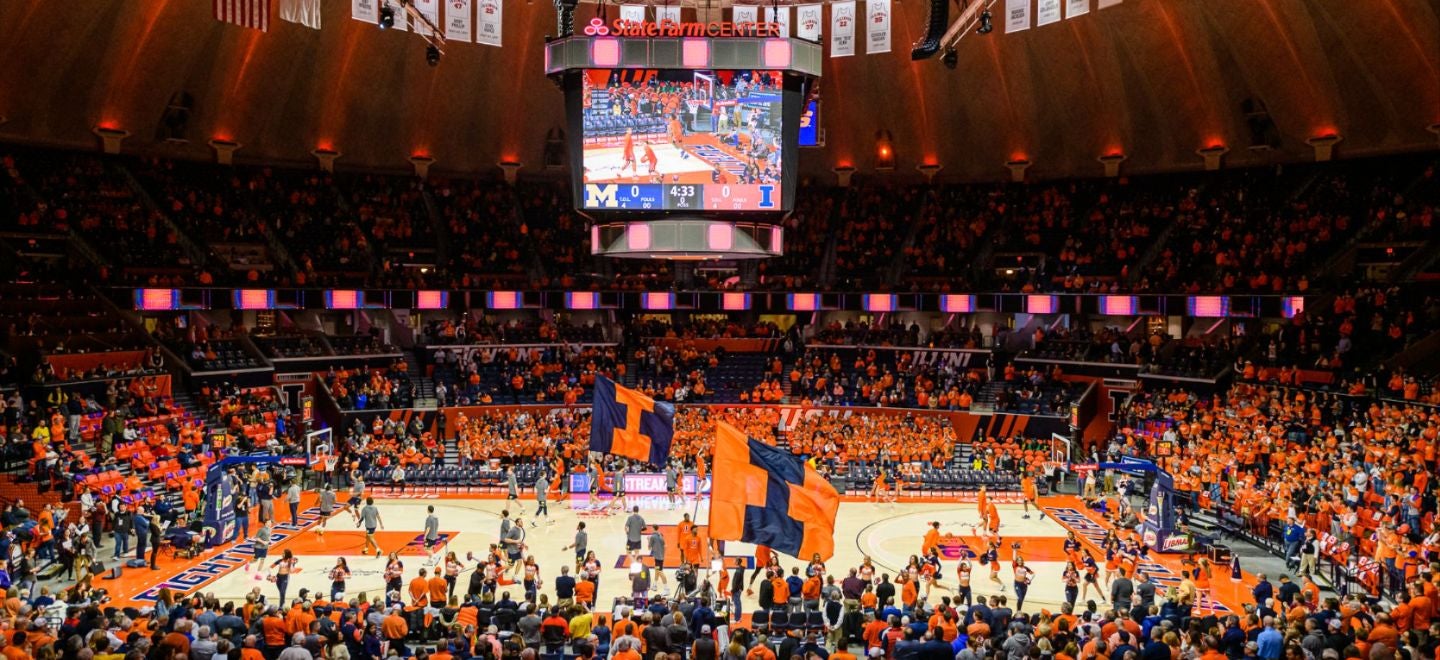Chess Club
“Alright we’ll have 5 boards… anyone else, anyone else?” Mr. Davis hurriedly asked as he rearranged various desks.
“I’m in!” a final student said as he rushed through the door.
“Alright we’ll pull another one up, 6 boards. That it? Alright then, let’s get started.”
Six black and white checkered boards were placed in front of pairs across the classroom, timers were set, and pieces placed. With that, the clocks started ticking away and they were off. As I sat in the midst of the Urbana High Chess Club one sunny Thursday afternoon I was quickly struck by how serious the nature of what I previously assumed was a light afternoon extracurricular. I was terribly wrong. This was no mere board game; it was an intense, almost brutal psychological battle of wits and logic.
A mostly male dominated room, there were roughly fifteen members of chess club stationed around the room: most playing, but some simply observing the games at hand progressing. This isn’t just an occasional phenomenon either, every Tuesday and Thursday, and really any other day they can slide it in, sponsor Jeffrey Davis’ room turns into a silent and strategical battlefield, where the only audible noises are the timers, fallen pieces set against the desk, and an occasional murmur of “check” or “mate.” Wins were tallied, new partners matched, and the next match began. A sheet of paper posted to the chalk board holds a score ranking of players accounting for total number of wins and losses during tournaments throughout the year.
Chess played in tourney type style isn’t a lofty take your time and ponder every possible move while your opponent sits there and ages away. Small clocks are set and each player is given a total game play time limit. Players have to develop not only strategy, but quick use of it as well. “Chess offers numerous lessons in terms of concentration, logical analysis, and spatial relationship conceptualizations, while also rewarding patience, diligence and persistence,” commented Davis.
So what’s with Urbana’s recent interest in chess? Urbana had a chess club a few years back. UHS even won the state championship one year, but then it rather mysteriously disappeared. Last year social studies teacher Jeffrey Davis attempted to “reinvigorate” the club, and this year it has certainly taken off. So now every Tuesday and Thursday members meet to participate in informal competitions and an increasing number of lessons to develop strategy and tactics. “Chess is the one activity I can think of that truly lends itself to rewarding hard work and effort,” said Davis, “not everyone can play cricket or quidditch, but everyone can sit down and challenge themselves to think their way through a game of chess. It can be most rewarding to apply your own brainpower, without the support of a team or specialized equipment, to crush the ego of your opponent.”











